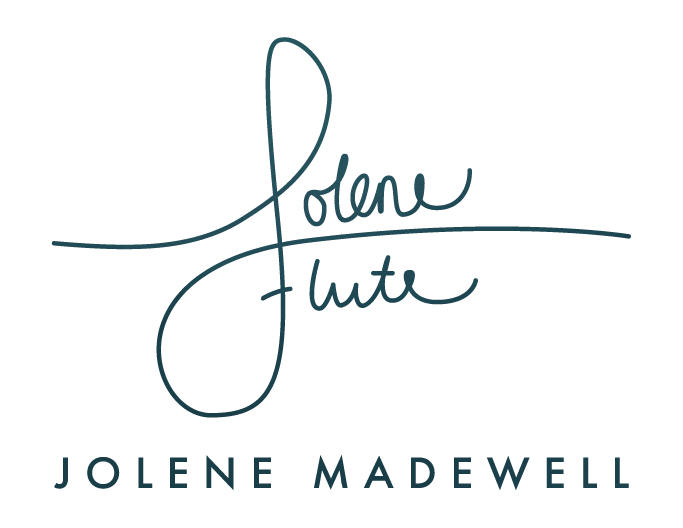Action Plan Part II: Repertoire Plan
@joleneflute
While part one of my Action Plan for Improvement provides a guide for focusing on aspects of our playing we'd like to become more aware of and consciously improve, part two is all about focusing in on a repertoire plan. My repertoire library began in high school and has moved with me from Massachusetts to New Hampshire, New York and Florida, and now resides in Texas. I have plenty of pieces that I've worked on all the way through one or more performances, and brand new pieces I've never even opened. I have studies and exercises from numerous teachers that I've accumulated over several years, in addition to tone and technique books I've picked up along the way just for fun. When I jump between these things sporadically, I always end up putting my flute down and saying, "Yep. I should really work on this. I'll work on this next time." So I'm taking myself back to University life, where, with the help of my professors, I maintained a specific. focused plan of attack, especially with fundamentals.
1. Extended Techniques: I LOVE Robert Dick's Tone Development Through Extended Techniques. I enjoy utilizing extended techniques in tone work and warm-ups for several reasons.
- Extended techniques are beneficial for my action plan because they naturally encourage focus. They create sounds that are so different than our usual sounds. With multi-phonics, for example, there are an array of special fingerings with varying degrees of difficulty that immediately require focus and make us observe and experiment to get the sound.
- We tend to play our favorite regular notes when improvising a warm-up because we know what to do: habits can take over to let a the sound come out naturally. We sometimes rob ourselves the same beginner's experimental attitude with long tones, and judgement can step in when our minds aren't occupied on a task in this way. With extended techniques, many of us don't have to try at all to adopt a beginner's attitude!
@joleneflute
2. Taffanel-Gaubert #1: This was one of my first technique assignments as an undergraduate, and some time has passed since this has been routinely involved in my go-to series of technique exercises, which mainly involves #4.
Benefits and Focus Areas for TG #1:
- Things we don't get in TG #4 is the opportunity to repeat a shorter series of notes. Moving through each repetition allows more chances to observe and make micromovements. In addition, TG 1 allows us to focus in on one register at a time, slowly progressing higher and higher.
- A variation to find relationships between octaves, play all octaves for each key back-to-back.
- Also, fingers close to keys. Make a list of the most difficult keys/note transitions to spend more time on, making the most difficult parts my new favorites!
3. Taffanel-Gaubert #4: This has been a staples for years, along with the huge array of varied rhythms and articulations.
So what do I want to improve in TG 4?
- Supple tone throughout, creating space in the mouth, soft palate rises. Noticing tendencies to alter mouth space as I move through octaves. (The previous exercise will provide some insight into these tendencies.)
- Translating ease in finger movement and closeness to keys in TG 1.
4. Etudes
- Robert Dick's Flying Lessons for more Extended Techniques. In addition, finding performance focus despite challenging material.
- Mary Karen Clardy's Etude Book for variety. It contains some familiar etudes and some new ones. In addition, my goal is to pull these etudes apart to better assist my students in seeing the big picture as well as the small details in these festival etudes.
5. Read-Through Pieces: I'm prescribing myself time for playing through pieces I love and a time for sight reading new pieces. Rather than pulling things off my shelf to put on my to-do list, leaving me feeling overwhelmed with an impossible mountain to accomplish, my focus goal for Read-Through Pieces is allowing spontaneity, self-trust, letting go and simple enjoyment.
What areas are you focusing on? Maybe this is repertoire assigned by your teacher, required pieces for a competition, or, if you're like me, repertoire you're prescribing for yourself to find improvements as your own teacher.


